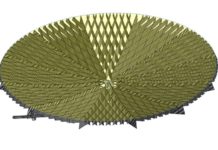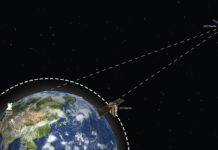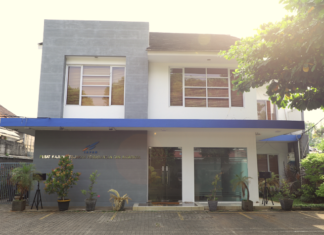On 28 November 2017, Russia’s Soyuz-2.1b with a Fregat upper stage launched from Vostochny Cosmodrome in Siberia. While the initial launch went smoothly, the satellites have failed to reach their target orbit and have so far been uncontactable. Russia’s space agency Roscosmos has not officially declared the launch a failure, although most analysts assume that to be the case.
According to Russian space agency Roscosmos, “during the first planned communication session with the satellite, it was not possible to establish a connection due to its absence in the target orbit”.
Roscosmos also said, via Twitter, that the first two stages separated normally. The problem seemed to have been with the Fregat upper stage; on July 14 this year, another Soyuz launch saw the loss of 9 of the 72 CubeSats, also attributed to the failure of the Fregat.
For this mission, the Soyuz’ primary payload was Russian Earth observation satellite Meteor-M № 2-1. It also carried, as a secondary payload, Singapore startup Astroscale’s first satellite IDEA-OSG 1, which is also the world’s first demonstration of a commercial debris-removal satellite. Other piggyback satellites include 10 from NewSpace company Spire Global, and satellites from Germany, Canada, the U.S.A, Russia and Sweden.







